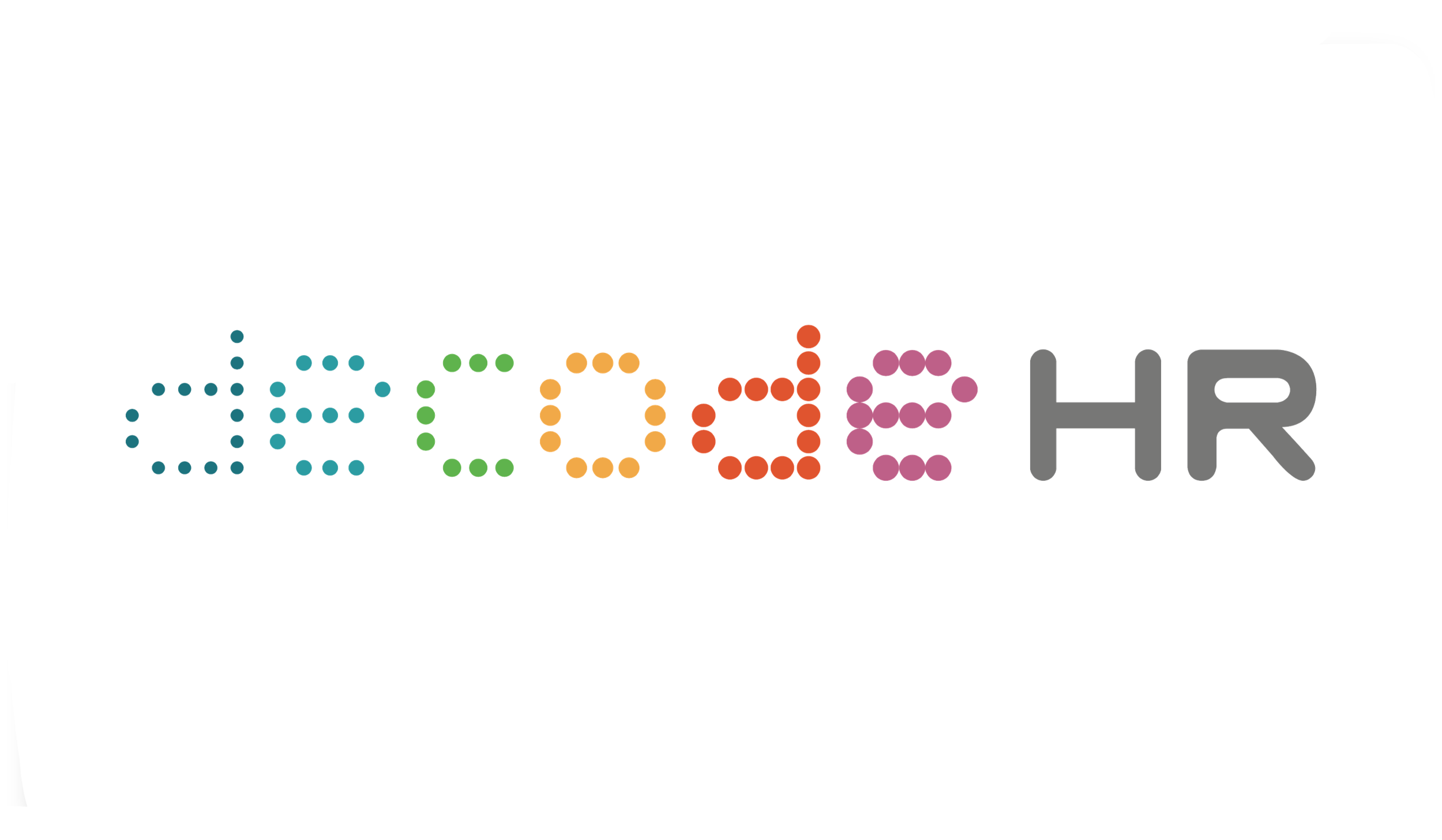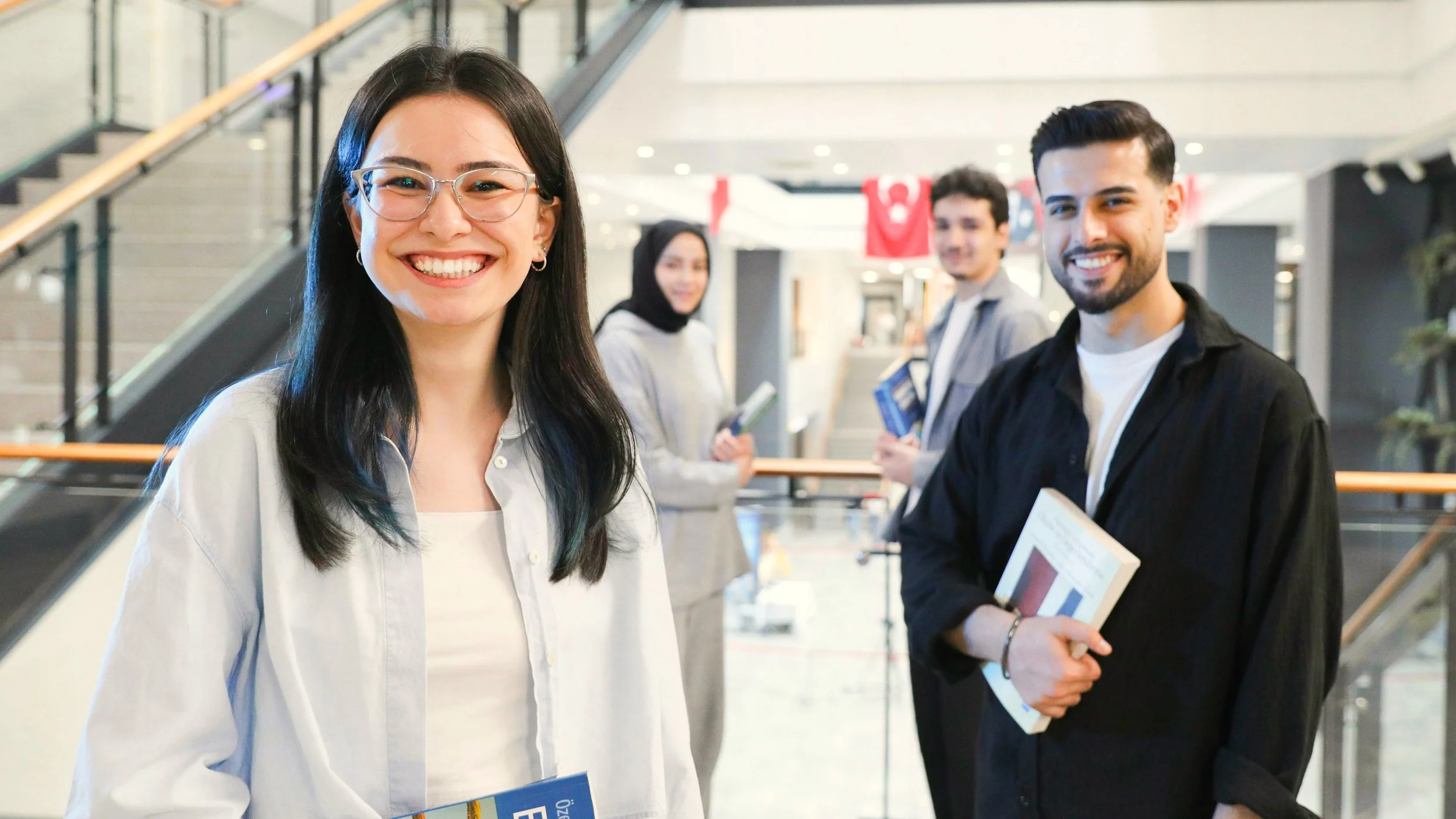5 Key Takeaways for HR Practitioners: Emerging Stronger Taskforce Report
Reading time: 5 mins
Even as Singapore goes into semi-lockdown due to an influx of new Covid-19 cases, the big question we must continue to ask is: How can Singapore survive and thrive in the post-Covid era?
We now have some answers.
Singapore’s Emerging Stronger Taskforce (EST), formed in May 2020, has compiled feedback from almost 2,000 private and public sector participants across 900 organisations - on how the nation can emerge stronger from the Covid-19 pandemic.
Released on 17 May 2021, the recommendations have a huge impact on HR practitioners.
Because whether the recommendations take root comes down to people. Recruiting them, training them, inspiring them.
The quick summary of the report, which can be found here:
The task force’s vision of a “Virtually Unlimited Singapore” has three focus areas - New virtual frontiers, a sustainable nation, and one which has stronger public-private and international partnerships.
The two broad themes which run through the entire report are connectivity (digitalisation) and sustainability (environmental and climate change concerns).
Following are five “next steps” identified in the report. Ourtake, in bold, is how we as HR practitioners can respond.
Virtually Unlimited – Creating New Virtual Frontiers.
Singapore has to go beyond its borders, and with technology, access virtually unlimited opportunities around the world.
On the HR front, the EST report cited how Virtual Training and Workforce solutions can help companies tap on global resources - including talent which may be based in other countries. The same solutions can enable Singaporeans in the country to work beyond Singapore.
This demands that HR practitioners, even for those in SMEs, break out of the “in-person” or “face-to-face” box, and quickly get comfortable with the idea of using virtual solutions in recruiting, training and managing global talents.
Think video interviews, conducting training or onboarding sessions utilising virtual reality solutions, and cloud-based technologies for effortless collaboration across borders.
It’s not about compromising outcomes but how we can augment our toolbox to create enhanced outcomes.
Sustainable Nation – Seizing Growth Opportunities from Sustainability
In line with concerns over climate change, Singapore could become a carbon marketplace where companies can measure, mitigate and offset their carbon footprint.
The country should boost its food security, via indoor vertical farms.
Aside from the need to grow talents in these two areas, digitalisation was identified as a key enabler, to facilitate data flow and support the integration of complex work processes across these value chains.
This supports what we have always believed: The base level of digital literacy required of all employees, and especially for those in HR, has been raised. Not just in the sunrise industries listed above, but in all industries.
We may not be IT professionals, but at the very least, we need to be literate digital consumers, have a basic understanding of digitalisation shifts in the industries we are working in, and open our minds to the possibilities it presents.
In fact, some HR leaders have already embarked on the exciting journey of HR digital transformation.
Sustainable Nation – Enabling Global Champions and Growing an Agile and Strong Singapore Core.
The boosting of local capabilities is critical. The EST recommends that the Government grow a pool of innovative and international Large Local Enterprises (LLEs). More successful “Queen Bee” companies can support smaller companies by providing training and upskilling.
Core to all this is the need for businesses, training providers, Institutes of Higher Learning, and unions to play a bigger and more sustained role in upskilling and creating career progression pathways for workers, who must also become lifelong self-directed learners.
As HR practitioners, the implications are considerable, particularly where the workforce needs to learn and grow in a remote environment within minimal direct interaction. This is coupled with a rapidly evolving local and international environment.
Career paths need to be agile – able to respond to the changing demands. New skill sets emerge at an accelerated pace. While core responsibilities may stay constant, the means by which they are delivered will no longer be constant.
Stronger Together – Institutionalising the Singapore Together AfA Model, a Novel Form of Private-Public Partnership.
Adopting an agile “start-up” approach, the Alliance-for-Action (AfA) model brings private and public agencies together to blaze new trails in their industries.
Identified AfA industries include robotics solutions, edutech, medtech product development, agritech and smart commerce.
AfAs have achieved success in a short time, from developing prototypes that have shown promise of commercial scalability, to forging a new and innovative model of private-public collaboration.
Such a new model of collaboration, to meet new goals and adopt new work processes in a demanding environment, demands an agile mindset: not only from an agency’s workers, but also from its HR teams.
The way in which we interact with the workforce, from designing onboarding and training programmes, to introducing new technologies and managing ongoing change, has to be guided by an agile mindset to design experiences which are best suited to the evolving needs of employees.
Understanding and ultimately applying agile principles would prepare one well to embark on such partnerships.
Stronger Together – Strengthening International Partnerships, especially with Southeast Asia.
We have to strengthen digital connectivity across Southeast Asia in order to build stronger connections, especially in B2B relations, and advance the region as a whole.
This could take the form of stronger digital integration in the area of data flows, regional recovery through inclusive digital transformation, and enhanced cybersecurity cooperation.
From an HR perspective, being a part of the conversations that will strengthen strategic alliances and developing an appreciation of the human capital landscape beyond Singapore would be highly beneficial.
In Summary
Based on the five takeaways above, the bottomline is this: We have no choice but to change. Singapore’s future lies in the ability of our people to digitalise, and also swiftly adapt to become champions in new industries, work processes and in the global economy.
Given the critical role which HR practitioners play in manpower development, we too must change. We must adopt an agile mindset and be ready to adopt new solutions to move our organisations, businesses and the nation ahead.
What to Read Next:
COPYRIGHT © 2021 DECODE HR PTE LTD. ALL RIGHTS RESERVED













